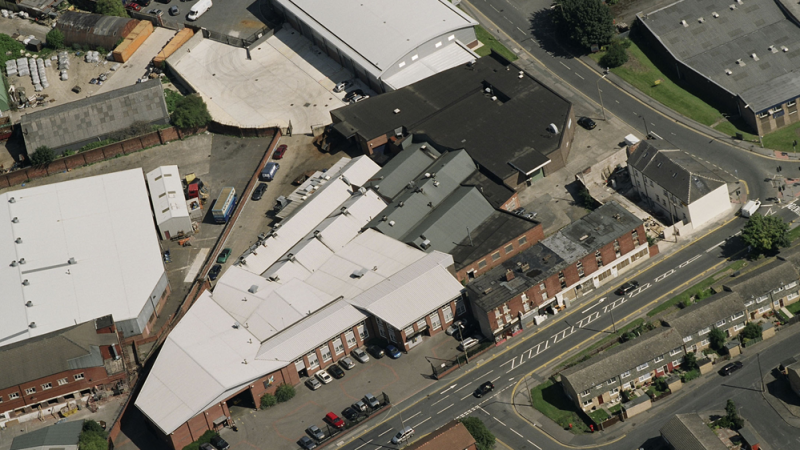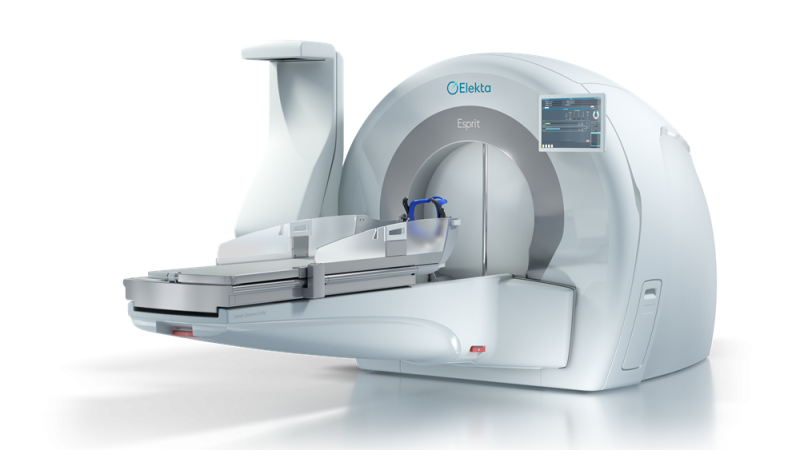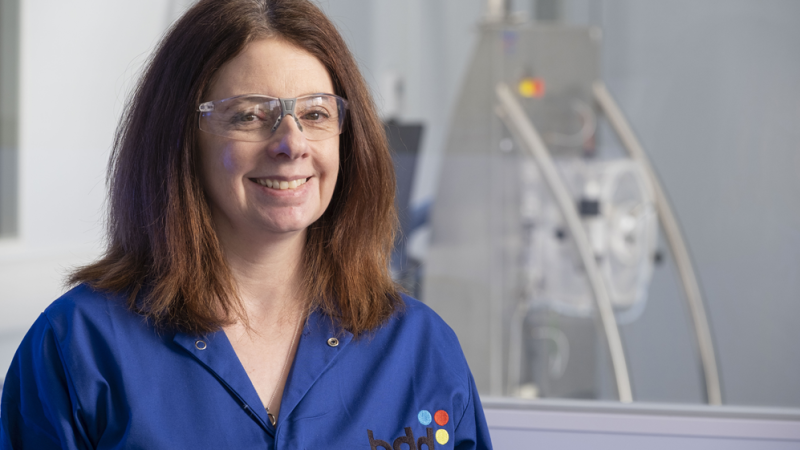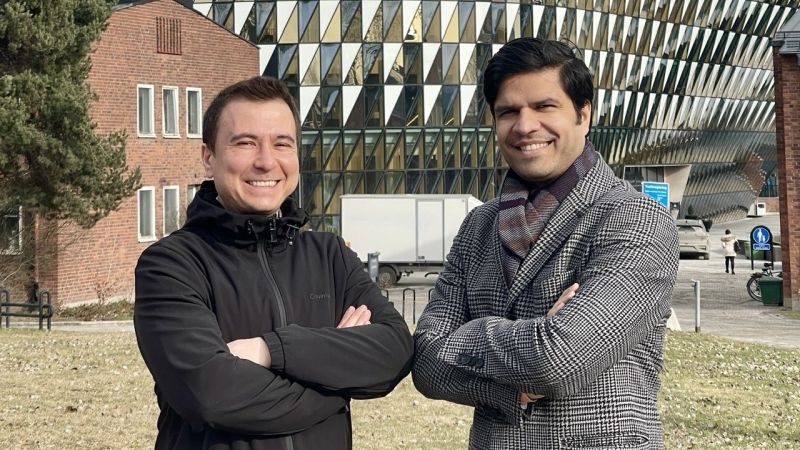Al Ewan was established in 1993 as an OEM operation management company to provide state-of-the-art medical services to the population of Saudi Arabia. It has served over 70 hospitals and over 1,000 clinics operating under the Ministry of Health.
Many of these are large-scale hospitals with capacities for as many as 5,000 beds where Al Ewan is responsible for staffing, procurement, maintenance, medical equipment, and cleaning services. From here, Al Ewan has diversified its portfolio over the last 30 years by moving into the general clinical business, as well as the sales and marketing sides of the medical industry.
“We provide sales and marketing services to 36 companies and manufacturers across the globe, mainly in orthopaedic sectors,” says Fahad Al-Fahhad, CEO of Al Ewan. “Al Ewan itself is an innovative company, particularly when it comes to the orthopaedic side of the business. In our rehabilitation prosthetics division, we have set up the largest workshop in the country.”
In the orthopaedic and prosthetics division, Al Ewan represents one of the largest companies in the world on a level with businesses from the UK, Spain, China, Germany, and other global leaders.
“We are proud to be among the leaders in the country, serving our customers with the latest technologies in orthopaedics, and upper and lower prosthetics above-knee and above-elbow,” Al-Fahhad says.
As well as working to bring these products to market, however, Al-Fahhad is also committed to making them accessible.
“We have lobbied with the general social insurance organisation to put coverage in place for accidents related to amputations, to give people good support covering prosthetics costs,” Al-Fahhad says.
 It is an urgent need that Al Ewan is already working to meet.
It is an urgent need that Al Ewan is already working to meet.
“There are 5,000 amputations a year here related to diabetes and car accidents,” Al-Fahhad points out. “We are working with charity foundations related to amputees, and we remove profitability from the equation when we are dealing with them.”
Al Ewan also has a strong and respected pharmaceuticals division, working around IV solutions, cancer medicine and general consumables, including one of the largest manufacturing facilities in the world for low-cost blood strips.
“We provide the strips for testing blood sugar, both the first-generation products and the new generation of strips currently under development,” Al-Fahhad tells us. “Our full capacity is 500 million strips a year, supplying the entire AMEA region and Eastern Europe, with ongoing talks for other regions such as the GCC.”
Al Ewan also owns shares in Malaysian firm Avalanche Manufacturing, which produces equipment for cardiovascular surgery.
Spreading Values
It is a powerful portfolio of companies, products and services that allows Al Ewan to compete at the highest levels of the industry.
“We have progressed to become an A-class contractor for hospitals, able to meet the highest government standards and take open budget contracts without limit,” Al-Fahhad explains.
It is a significant step up from B-class companies that are legally prohibited from taking on health supplier contracts up to $100 million in budget. At its current scale, Al Ewan is operating more than 15 government hospitals, and it is continuing to grow.
“Al Ewan has always been able to cover the customers’ demands and logistically meet any requirements,” Al-Fahhad points out. “While our standard delivery time is 60 days, when a hospital needs to deliver urgently the next day, we can do that.”
Al Ewan can serve these hospitals effectively thanks to the top-quality warehousing resources it owns, which meet the highest SFDA standards. But it also works to spread the knowledge that supports those standards.
“We never sacrifice quality for profitability, and we really care about our reputation in the industry,” Al-Fahhad says. “We have supported a lot of workshops and training to let us be informative and educational to our clients and non-clients alike.”
 Growing Offerings
Growing Offerings
Of course, a company of Al Ewan’s size will always face challenges, particularly during the volatile times we have seen over the last decade. During the oil crisis in 2015, many companies in the private sector faced payment delays. However, Al Ewan was able to adapt to this environment by diversifying its portfolio.
As well as its own clinics, Al Ewan launched multiple divisions, including marketing, rehabilitation, and pharmaceuticals, on top of its existing hospital operations.
“This diversification is key to any successful business,” Al-Fahhad insists. “If one industry goes down another will cover it. I believe it is especially important for a medical company to have a good portfolio of pharmaceutical products because there is always a need there.”
When we speak with Al-Fahhad the company has approximately 30 different pharmaceutical products currently under registration, forming the foundation of what he hopes will be a leading position in the industry.
“The pharmaceutical division is difficult in terms of registration because it takes longer than other products, but it is worth the wait for the benefits we can provide to patients,” Al-Fahhad says.
Moving forward, Al Ewan plans to expand its clinics and launch its own chain of pharmacies to further diversify the firm’s offering.
Competing for Talent
Of course, whatever sectors Al Ewan expands into will ultimately depend on the talent the company can employ, and Al-Fahhad is the first to point out that the medical sector is as hotly contested as it is full of potential.
“We retain talent by enforcing evaluation standards that allow us to be lenient and friendly, focusing on achievements and progress rather than attendance and working hours. We interact closely with our leaders and suppliers at the local level, providing educational programmes and courses that give our people the opportunity to move forward,” Al-Fahhad says. “We keep a friendly, family environment. It is not purely business. We have quizzes and ping-pong competitions. We keep our environment friendly and open.”
It is an environment that 3,500 people enjoy, and within the next six months, Al Ewan is looking to reach 5,000 employees to help deliver the new projects it has.
“Even our marketing team is made up of doctors, experts and people with technical skills,” Al-Fahhad says. “We are proud of that.”
An Exciting Future
One thing that is clear, talking with Al-Fahhad, is how excited he is to be working in the sector that he is. He is at his most enthused when he is talking about the potential of Saudi Arabia’s healthcare sector.
“It’s going to be huge,” he says simply. “It will make my life more difficult as more competition enters the sector, but it is going to be so profitable for the near future.”
Al-Fahhad is particularly excited following the establishment of Nupco, which handles tenders for the medical sector.
“It puts everyone on a level playing field,” Al-Fahhad tells us. “There is a tender, you put in your price, and it is open to every single healthcare provider.”
The system handles tenders for the National Guard, the military, the Ministry of Health, and educational hospitals.
As Al-Fahhad points out, “If your bid is 20 dollars, and the doctor wants to go with a higher-priced provider, he just has to input the justification for that. It is a very transparent, very fair competition for everyone.”
Of Saudi Arabia’s population, 70% are between the ages of 27 and 37. As that population ages, combined with the declining fertility rate the demand for healthcare will grow.
“The potential for demand is set to rise at a staggering rate,” Al-Fahhad says. “There is a lot of room for everybody to serve Saudi healthcare, with fair treatment and everyone being paid on time.”







